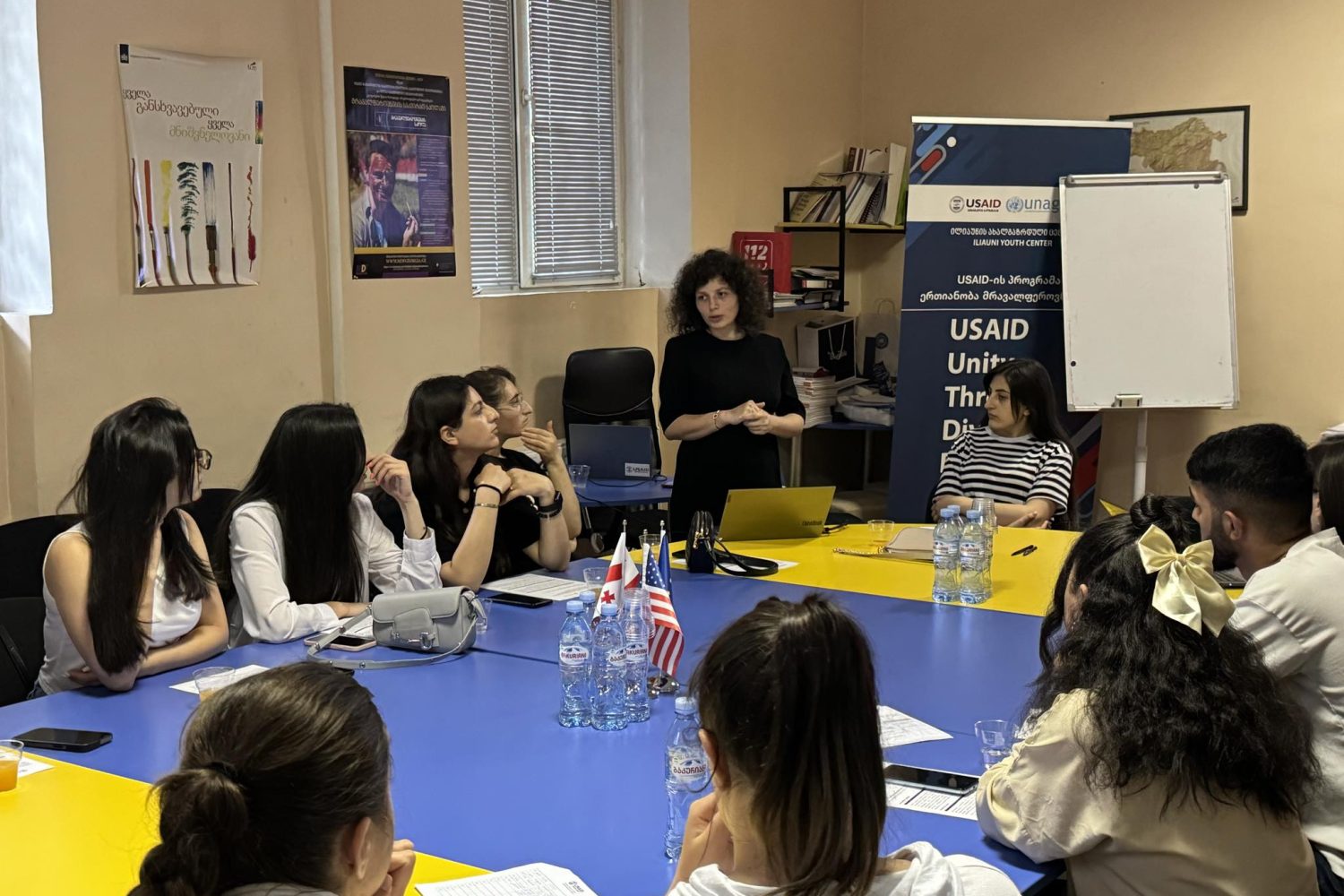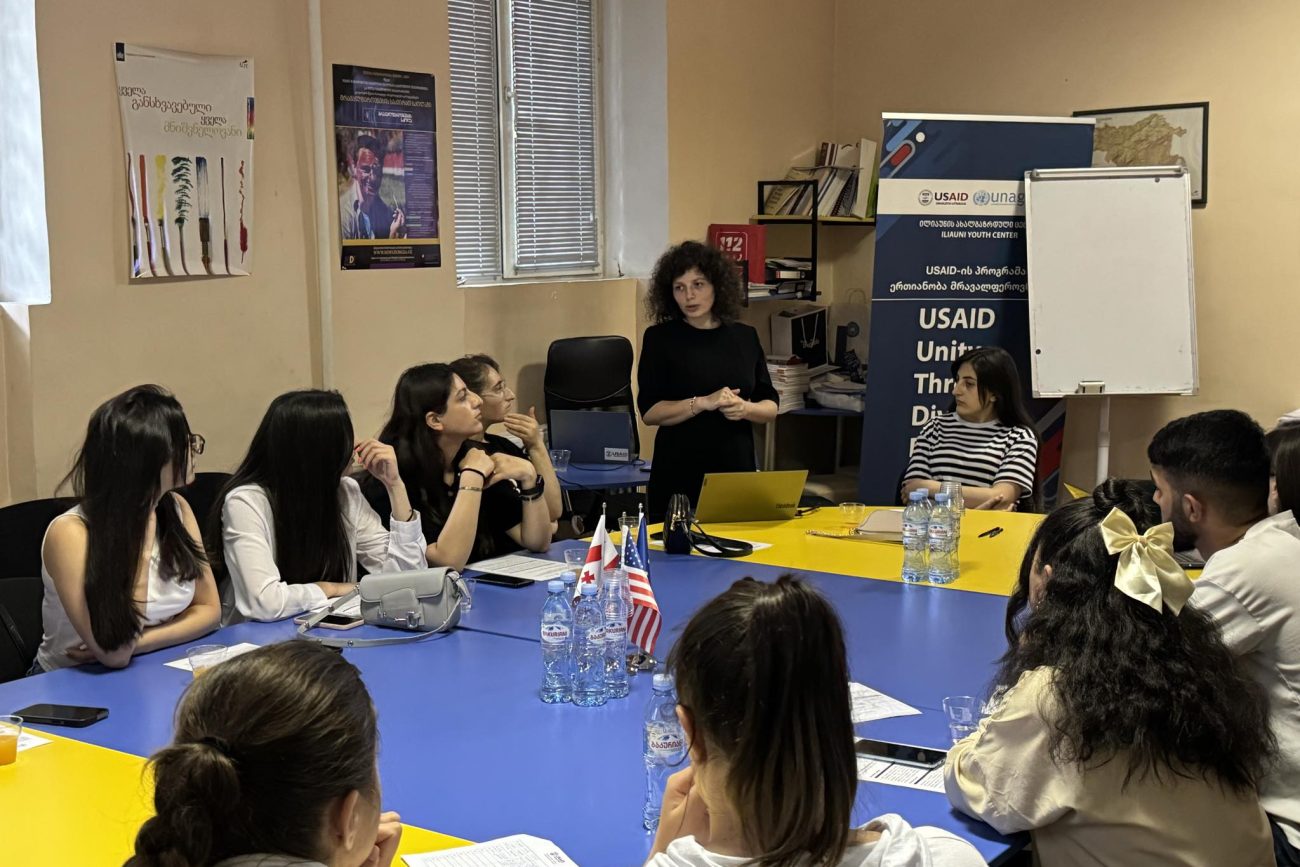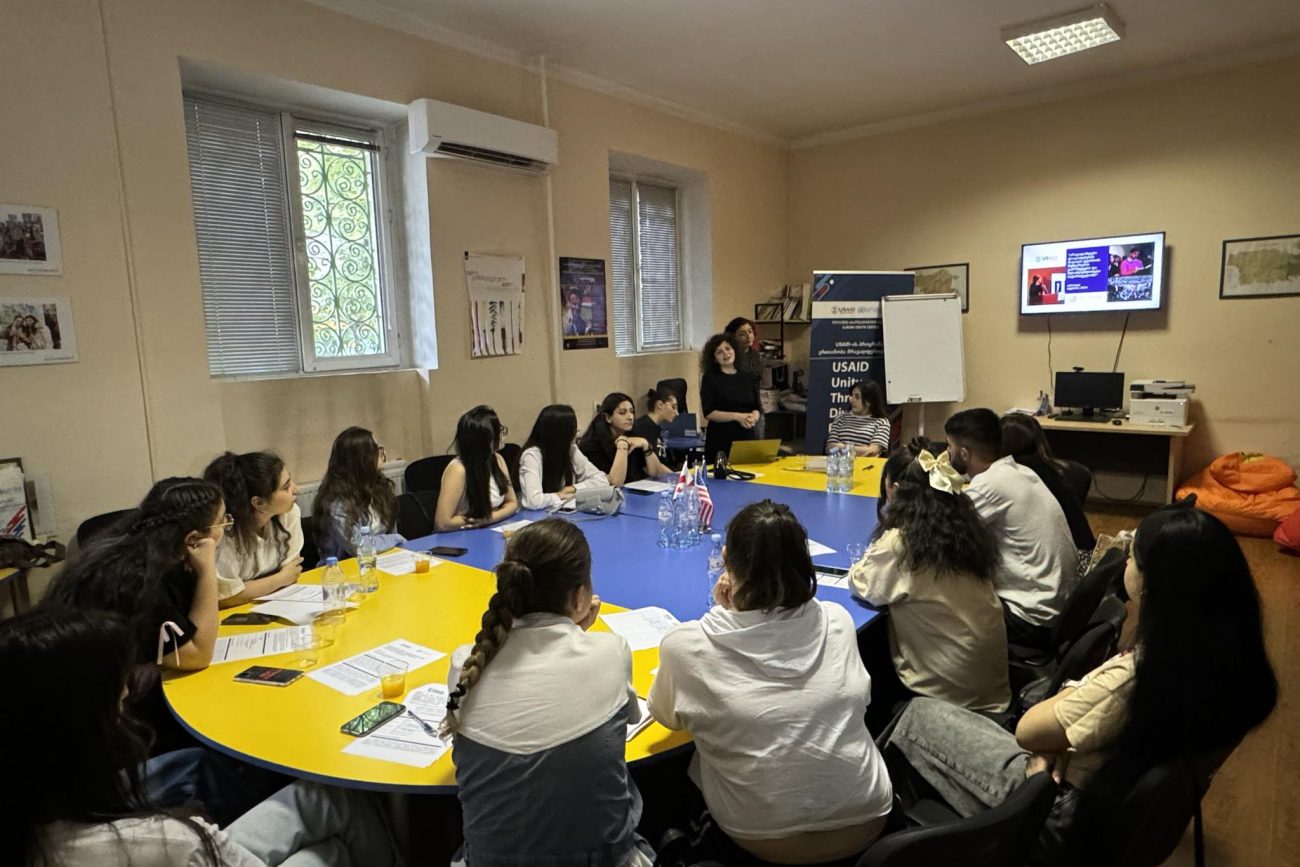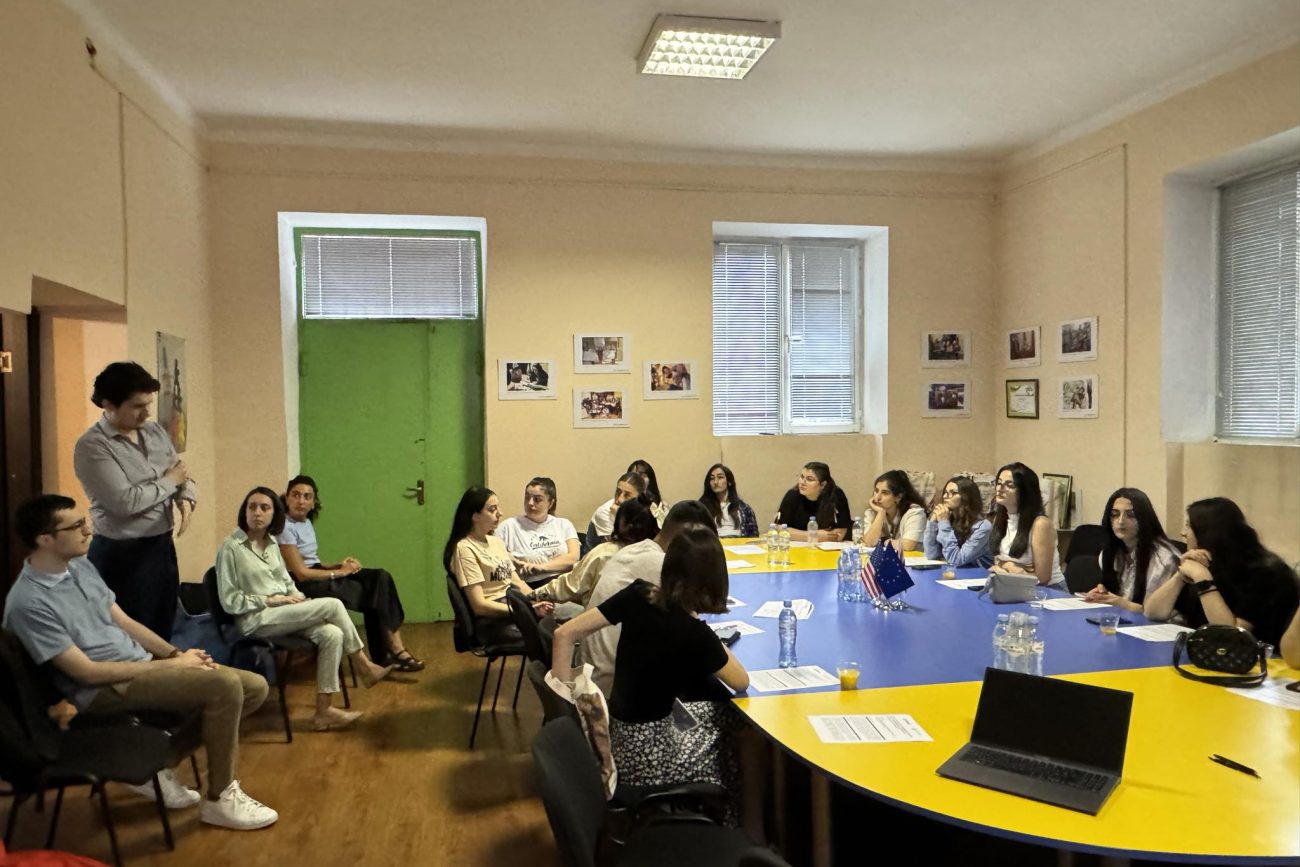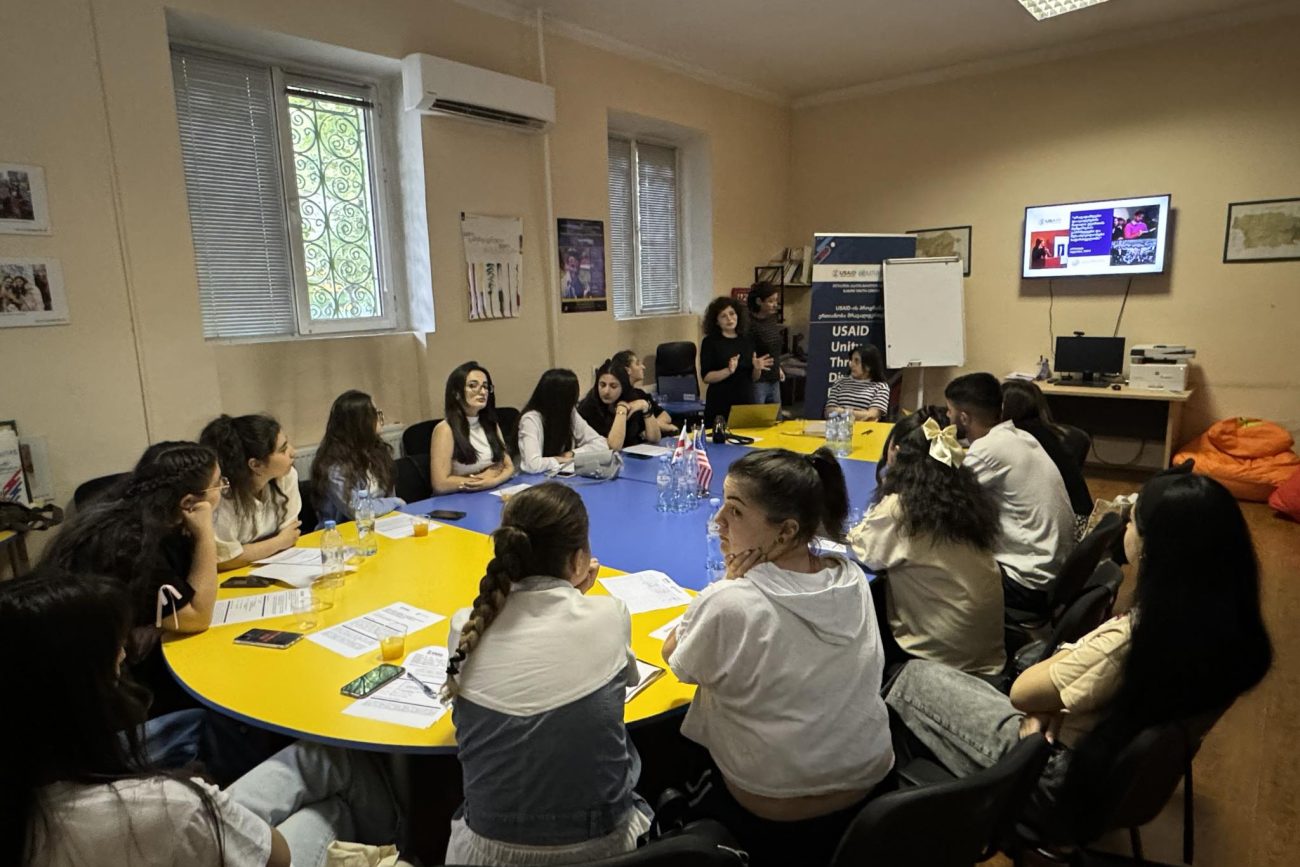On July 8, another work-in-progress presentation of the policy brief was held at the Public Policy Analysis Hub (PPAHub) of the Georgian Institute of Politics.
The presentation featured a work-in-progress policy brief titled “Challenges and opportunities to reduce the high burden of non-communicable diseases in Georgia” by Tamar Abuladze at the Youth Center of Ilia State University.
Non-communicable diseases present a significant public health threat in Georgia, contributing substantially to the country’s economic burden. These diseases account for 93% of all deaths in Georgia annually, resulting in a staggering economic loss exceeding 3 billion GEL per year. This figure represents approximately 6.2% of the national gross domestic product (GDP).
In recent years, efforts have been made in Georgia to alleviate this burden; however, the prevalence of non-communicable diseases continues to rise. In 2018, the country allocated a mere 0.3% of its GDP towards preventive measures and health promotion, a stark contrast to European standards. Furthermore, nearly 80% of the activities outlined in national strategies for preventing non-communicable diseases and managing their risk factors rely on donor funding. Given the current political landscape, the country’s response in the event of discontinuation of this funding remains uncertain.
At the conclusion of the presentation, a discussion ensued, focusing on addressing the two primary questions outlined in the policy essay:
- What are the shortcomings of the existing primary prevention and health promotion measures aimed at reducing the burden of non-communicable diseases in Georgia?
- What are the ways to solve existing problems and ensure sustainable financing of health promotion programs?
About 20 students present at the presentation actively participated in the discussion.
The presentation was held within the framework of the project – “Public Policy Pilot Initiatives to Engage and Mentor Youth,” which is implemented by GIP with the support of the USAID National Governance Program.


